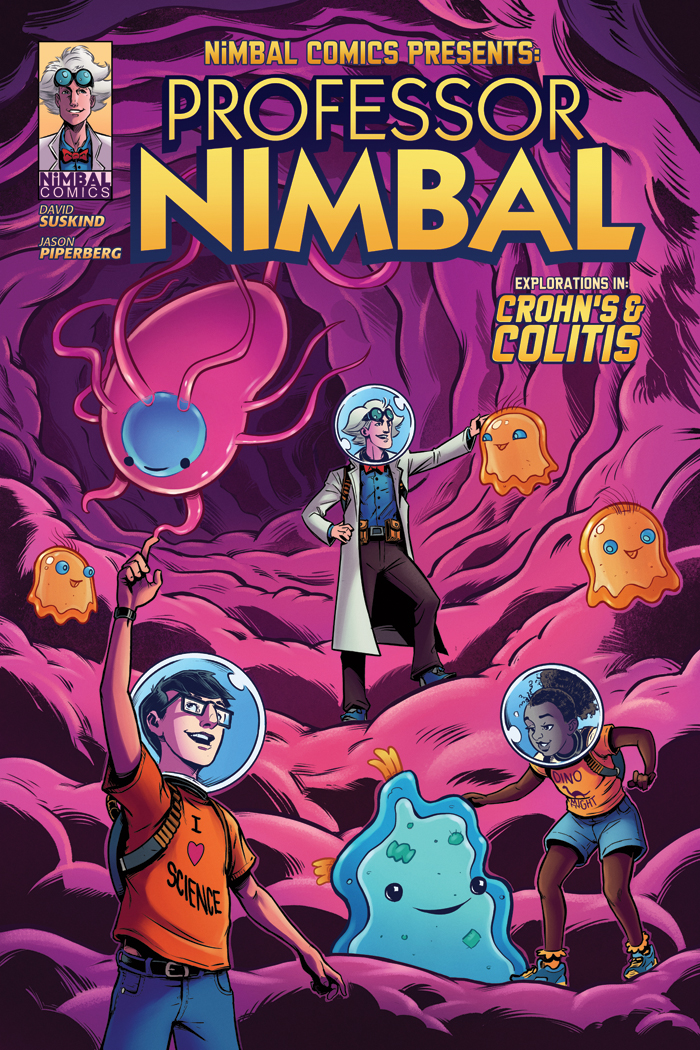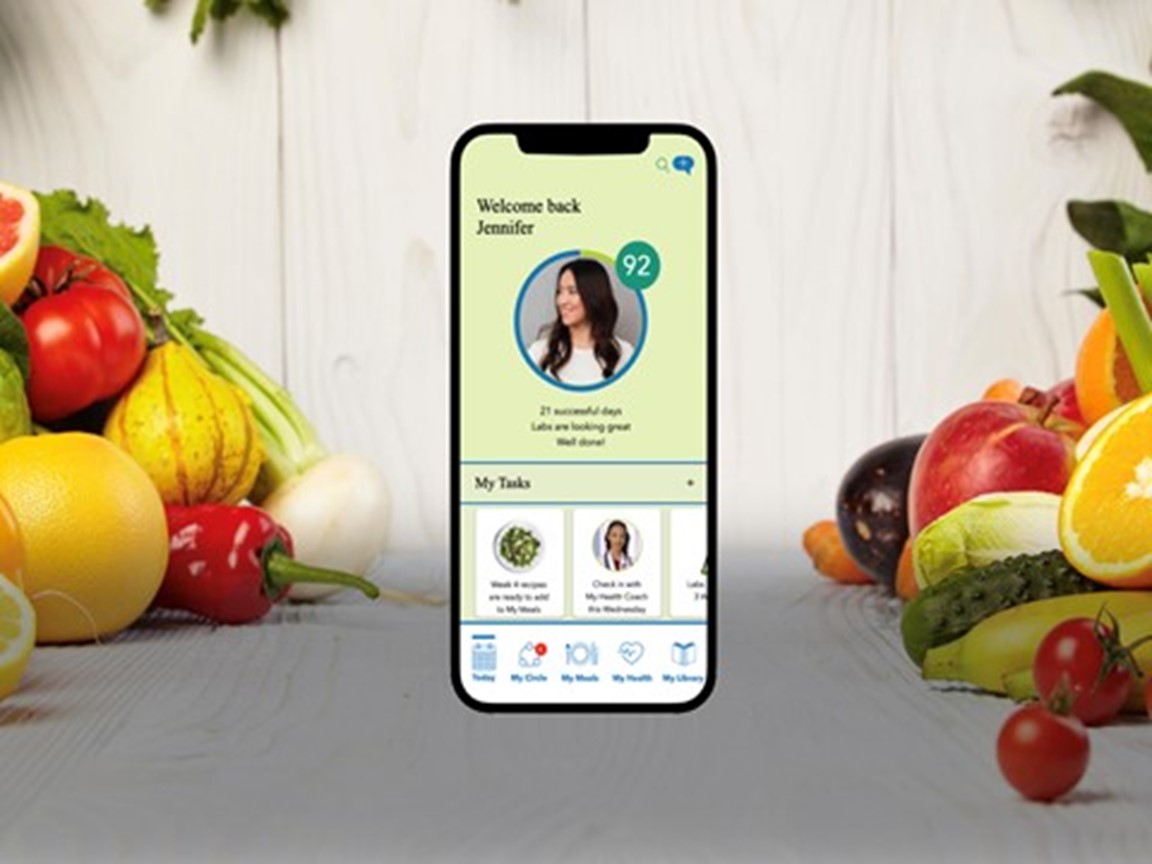SCD Truisms
There are some key concepts when embarking on dietary treatment for IBD. We have learned much from our experience with dietary therapy. To assure success keep these in mind.
- Everyone in the family—parent, child with IBD, siblings, and any other family who may care for the IBD child—needs to be on board with the diet.
- Changing one’s lifestyle and diet is hard. Time and SCD community support makes it easier.
- Everyone needs support. Find a sponsor! Find an SCD community! You can learn so many integral tricks and tips from another IBD person or family’s experience.
- Make sure you follow up closely with your doctor.
- Make sure you follow up closely with a dietitian.
- Many people won’t understand what the SCD is or why you are doing this. That is ok, don’t let it bother you. Ask your doctor to write a letter for your child stating that they are on a medically restrictive diet and should be allowed to bring in their own snacks and meals to the movies, restaurants, and other public places. (See an example of such a letter in the Downloadable papers.)
- Educate those you love, such as grandparents. Their goal in life is to make your children happy, and sometimes they don’t completely understand that no treats outside the SCD really does mean no treats outside the SCD.
- Continually praise your child. The SCD is hard on the parents who have to do the vast majority of food preparation, but eating a restricted diet can be even more difficult for your son or daughter. They deserve continual support and praise for keeping on the diet and putting their health first!
- Don’t forget to give yourself credit as well. It can be tough to make this diet work for you and your family. Never forget to give yourself the pat on the back you deserve!
- The most important thing is the health and happiness of your child, yourself, and your family. If the diet is too much of a hardship or causes too much stress or other unforeseen problems, talk about it with your healthcare provider. It is okay to go to medical therapy instead. There should never be guilt, shame or blame if the diet does not work. Life is too short and your child's overall health and well being is most important, no matter which therapy is used.




